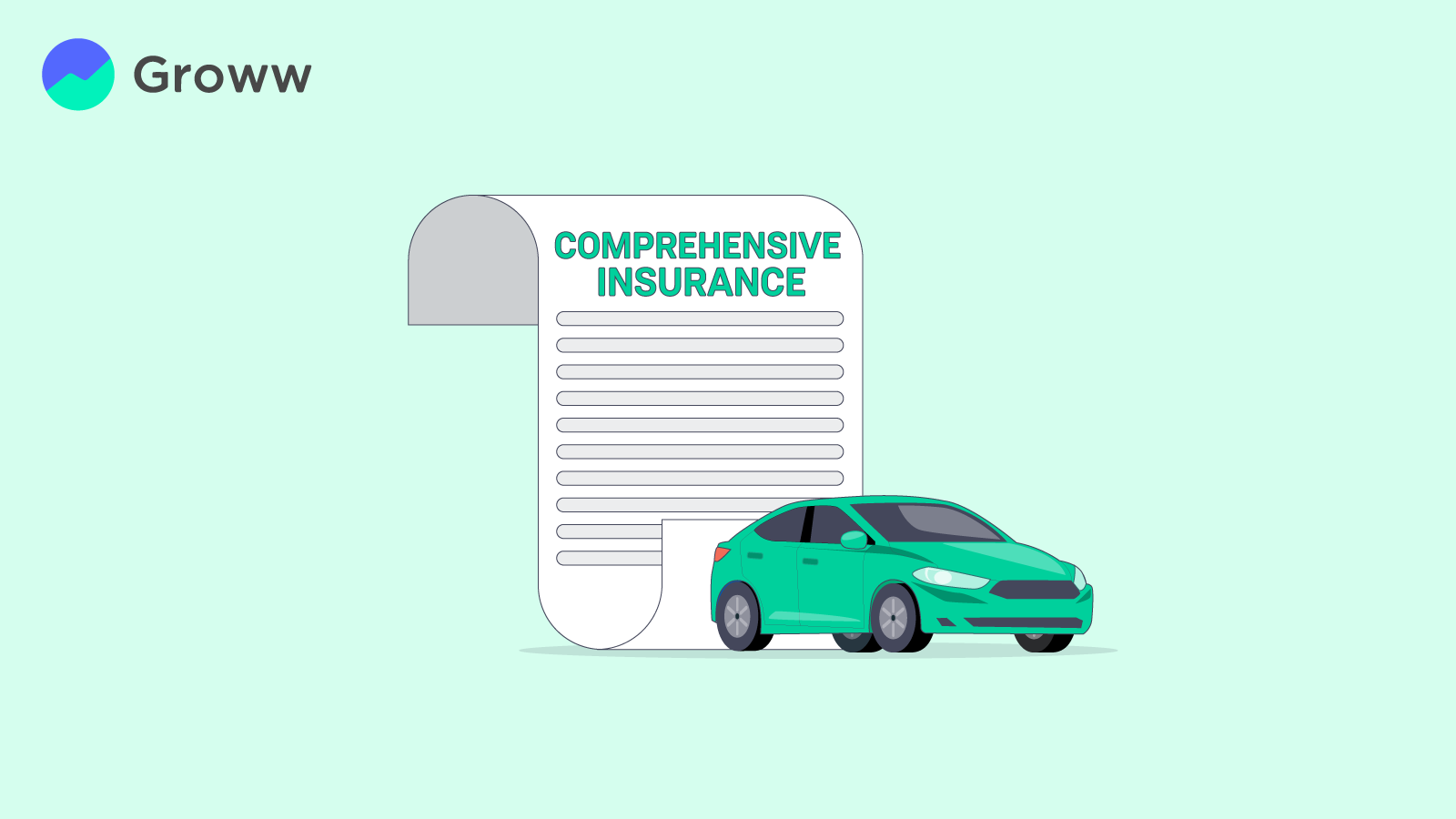What is a Comprehensive Insurance Policy for Vehicles?

Imagine having a safety net that protects you from nearly every twist and turn life throws your way. That is exactly what a comprehensive insurance policy offers. It is an insurance coverage that goes beyond basic protection, safeguarding your vehicle against different types of risks and uncertainties.
Whether it is damage to your vehicle, theft, or unforeseen disasters, a comprehensive plan ensures you are covered, providing peace of mind and financial security.
What is the Meaning of Comprehensive Insurance
Comprehensive insurance is a type of insurance that protects your vehicle from damage not caused by a collision. It protects your vehicle from unforeseen and destructive events such as destruction by a tornado, wild animal attack, spray paint vandalism, break-in damage, or a falling building crushing it, among other situations.
In essence, this insurance provides coverage for a wide range of non-collision-related damages to your vehicle, offering peace of mind in various adverse situations.
How Does a Comprehensive Insurance Policy Work
If your car is damaged by a type of accident covered by your insurance policy, file a comprehensive claim with your insurer and pay a deductible, which is the amount you agreed to cover out of pocket for a comprehensive claim. After that, your insurer will handle the remaining repair costs, up to the current market value of your car.
Example:
Let us take an example to understand how comprehensive plan insurance works in India. Suppose you drive a Maruti Suzuki Swift worth ₹4,00,000, with a ₹10,000 comprehensive deductible. If a cyclone destroys your car, causing ₹50,000 worth of damage, you can file a claim. You would pay the ₹10,000 deductible, and your insurer would cover the remaining ₹40,000.
What Does a Comprehensive Insurance Policy Cover
According to the Insurance Regulatory and Development Authority of India (IRDAI), a comprehensive policy typically covers vehicle damages caused by:
- Floods, storms, cyclones, earthquakes, hurricanes, tempests, inundations, hailstorms, frost
- Landslides, rockslides
- Fire, explosion, self-ignition, lightning
- Burglary, housebreak, theft
- Riots and strikes
- Acts of terrorism
- Malicious acts
- Transit by rail, road, inland waterways, lift, elevator or air
- Accidental external
What Doesn’t a Comprehensive Insurance Policy Cover
While comprehensive insurance offers extensive coverage, it does not cover everything. Here are some exclusions:
- The insurance policy does not cover damage caused by normal wear and tear or ageing of the vehicle, leading to consequential loss.
- If the driver is found to be under the influence of alcohol or drugs in an accident, the insurance company will not pay any claim. Safe driving is a crucial social responsibility.
- Driving without a valid licence in India will invalidate comprehensive vehicle insurance.
- Damage or loss caused by uncontrollable events like nuclear attacks, mutiny, or war-like situations is not covered by the insurance policy.
Benefits of a Comprehensive Insurance Policy
Buying a comprehensive plan for your two-wheeler or four-wheeler offers several advantages, such as:
-
Protection Against Damages and Losses
It shields you from financial losses due to accidental damage, theft, fire, natural disasters, and other risks.
-
Freedom from Financial Liability
This insurance reduces your financial burden if your vehicle is damaged or lost due to accidents or other risks.
-
Third-Party Liability Coverage
Comprehensive insurance includes coverage for legal liabilities arising from accidental injuries, death, or property damage to a third party.
-
Zero Depreciation Cover
Many insurance providers offer this add-on feature that ensures you receive the full cost of repairs or replacements without factoring in depreciation, covering the entire value of replaced parts during a claim.
-
No Claim Bonus (NCB) Protection
No Claim Bonus (NCB) protection rewards you for maintaining claim-free years and promoting safe driving habits.
-
Consumables Cover
It is an additional feature that covers the cost of consumable items like coolant, engine oil, bolts, and nuts during repairs, which are usually not included in a standard comprehensive policy.
-
Peace of Mind
With a comprehensive policy, you can enjoy peace of mind knowing that a wide range of potential damages and losses to your vehicle are covered.
The Bottomline
Opting for a comprehensive insurance policy provides extensive protection for your vehicle, covering a wide range of potential damages and risks.
With additional features provided by insurers, you can customise your insurance to meet your specific needs. It ensures peace of mind and financial security, allowing you to drive with confidence and focus on enjoying the journey.
|
You may also be interested to know |
|
|
1. |
How to Claim Car Insurance For Own Damage |
|
2. |
Tips to Reduce Car Insurance Premium |
|
3. |
How to Renew Car Insurance Online? |
| 4. | How to Transfer Car Insurance Policy |
| 5. | How to Check Vehicle Insurance Status Online |